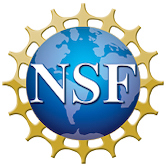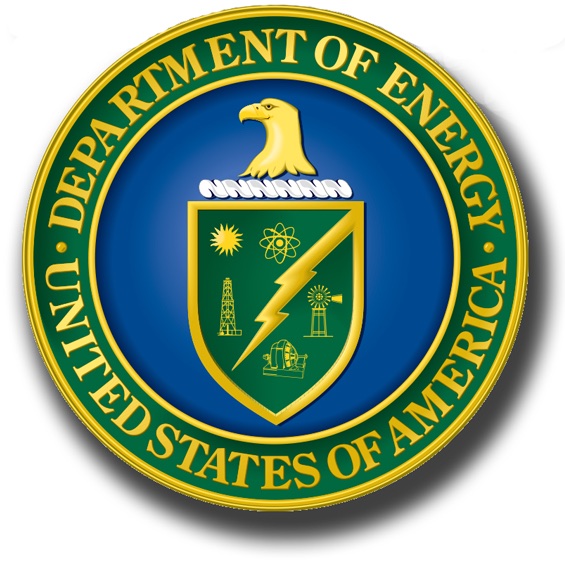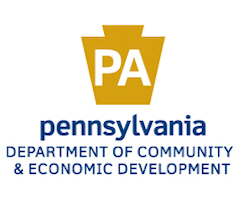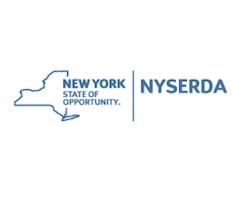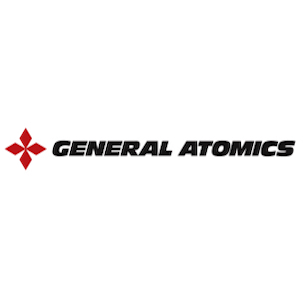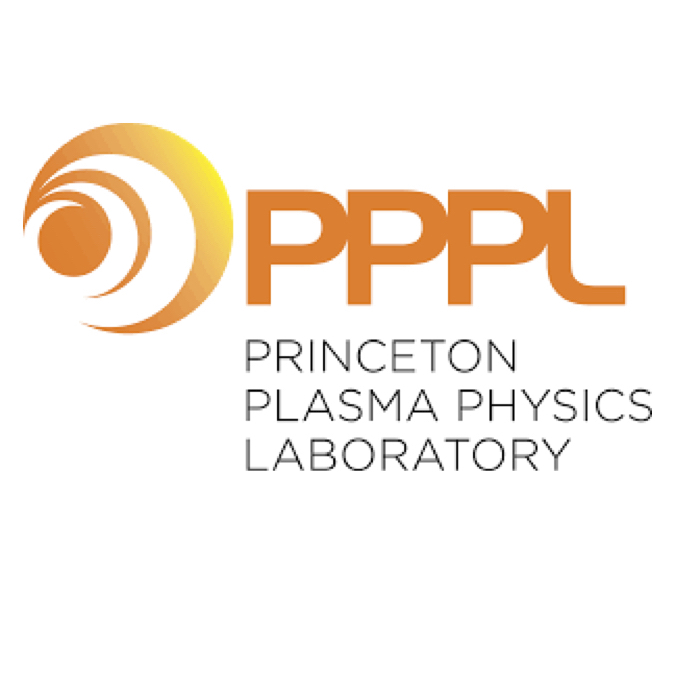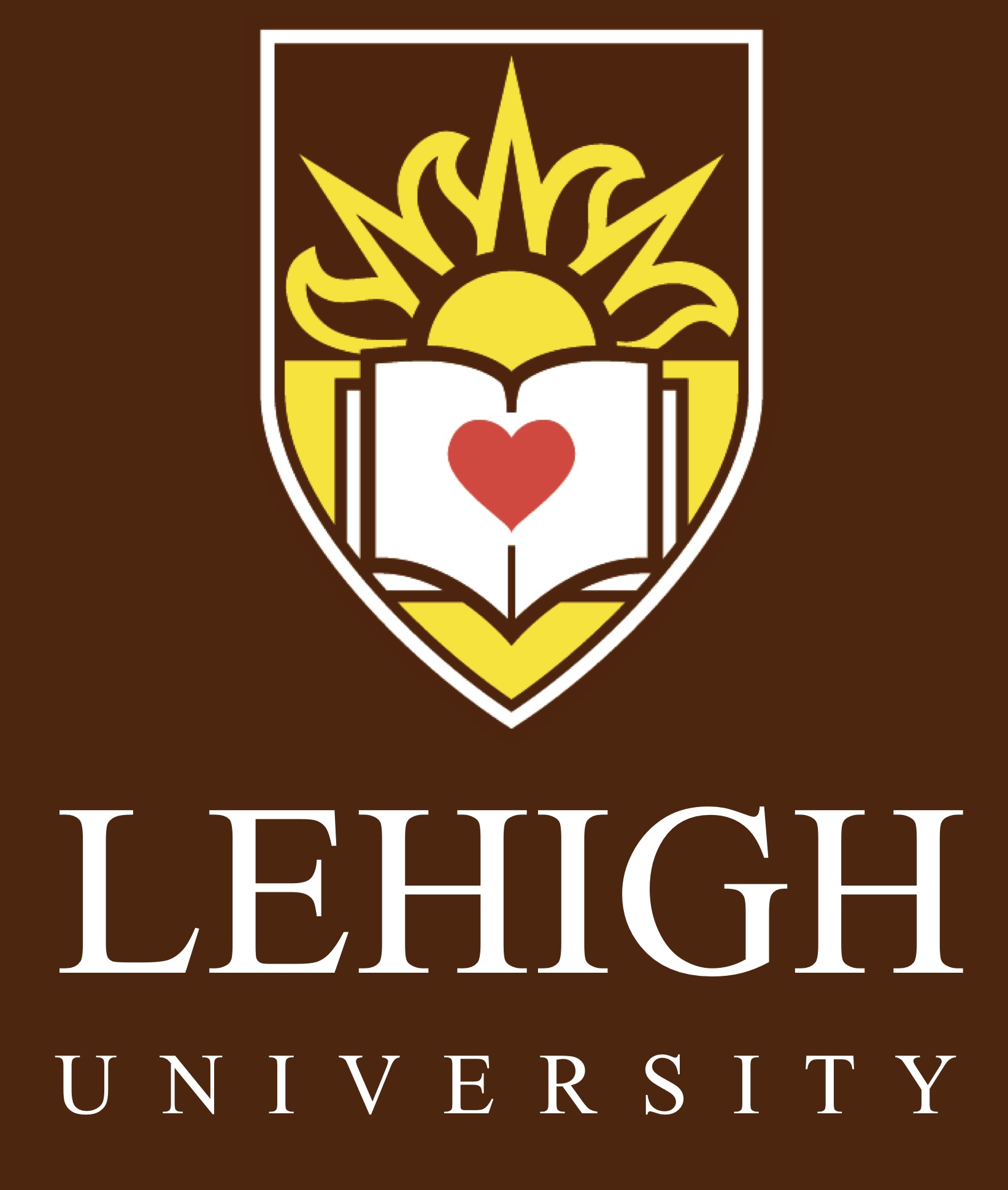Integrated Robust Control of the Global Toroidal Rotation and Total Plasma Energy in Tokamaks
A. Pajares, W.P. Wehner, E. Schuster
IEEE Symposium on Fusion Engineering (SOFE)
Ponte Vedra Beach, Florida, June 2-6, 2019
|
Abstract
|

|
In a tokamak, several coupled control problems need to be solved
simultaneously by means of a limited number of actuators. Moreover,
the relative priority of the control objectives, as well as the
availability of the actuators, may change throughout a plasma discharge
depending on the plasma state and machine operating conditions. Therefore,
future plasma control systems will require integrated architectures in
which multivariable controllers are managed by real-time supervisory
systems with actuator management capabilities. In the present work, the
problem of simultaneously regulating the global toroidal rotation (Ω)
and total plasma energy (W) is tackled. These two zero-dimensional variables,
Ω and W, depend on the ion toroidal rotation and electron temperature
profiles, respectively. Both Ω and W also depend on the electron density
and safety factor profiles. The actuation methods considered are co-current
and counter-current neutral beam injection. A nonlinear, robust controller
that makes use of Lyapunov redesign techniques is synthesized based on
zero-dimensional, simplified, heuristic models of the Ω and W dynamics.
In addition, an actuator management scheme is designed to handle variations
in the control priorities and availability of the neutral beam injectors.
The actuator manager solves an optimization problem in real time in order
to find the most appropriate course of action when unexpected changes occur.
The integrated control architecture is tested for a DIII-D scenario by means
of the one-dimensional code COTSIM (Control-Oriented Transport Simulator),
which predicts the time evolution of the electron temperature profile,
electron density profile, ion toroidal rotation profile, and safety
factor profile.
